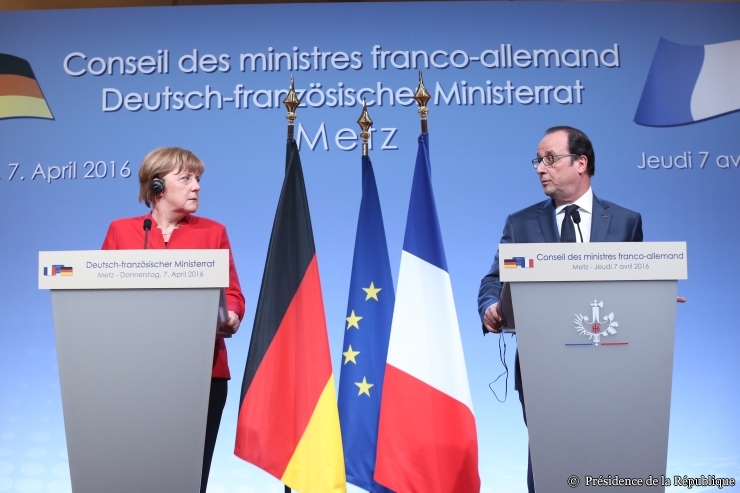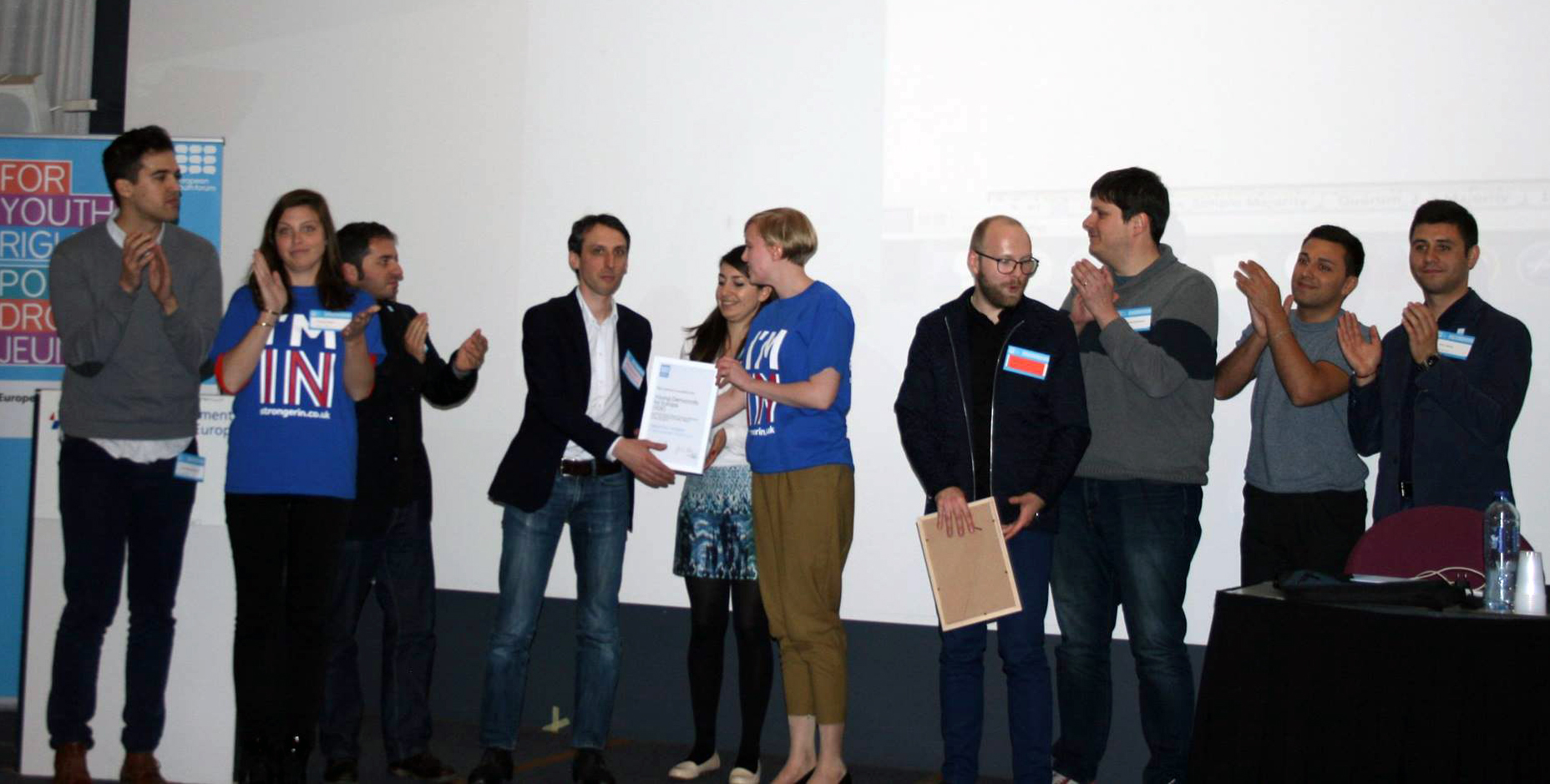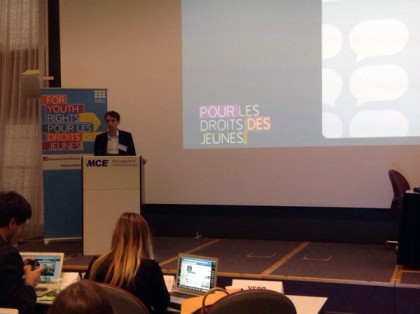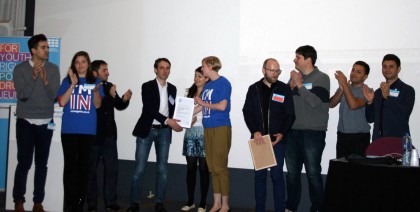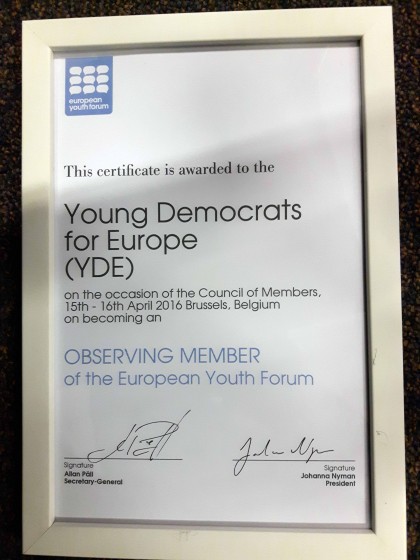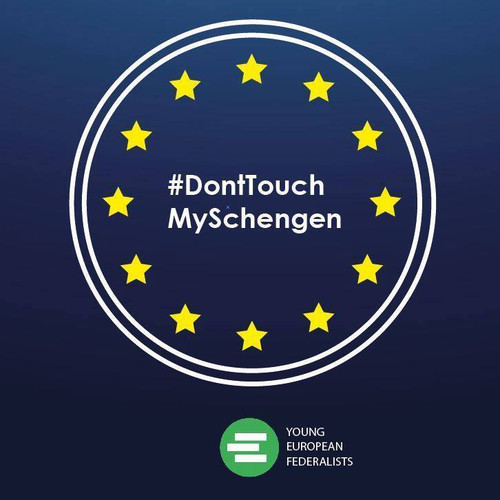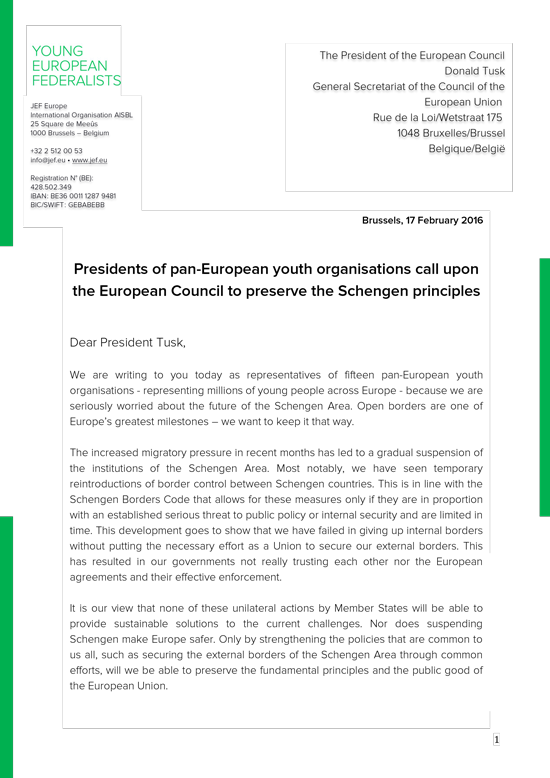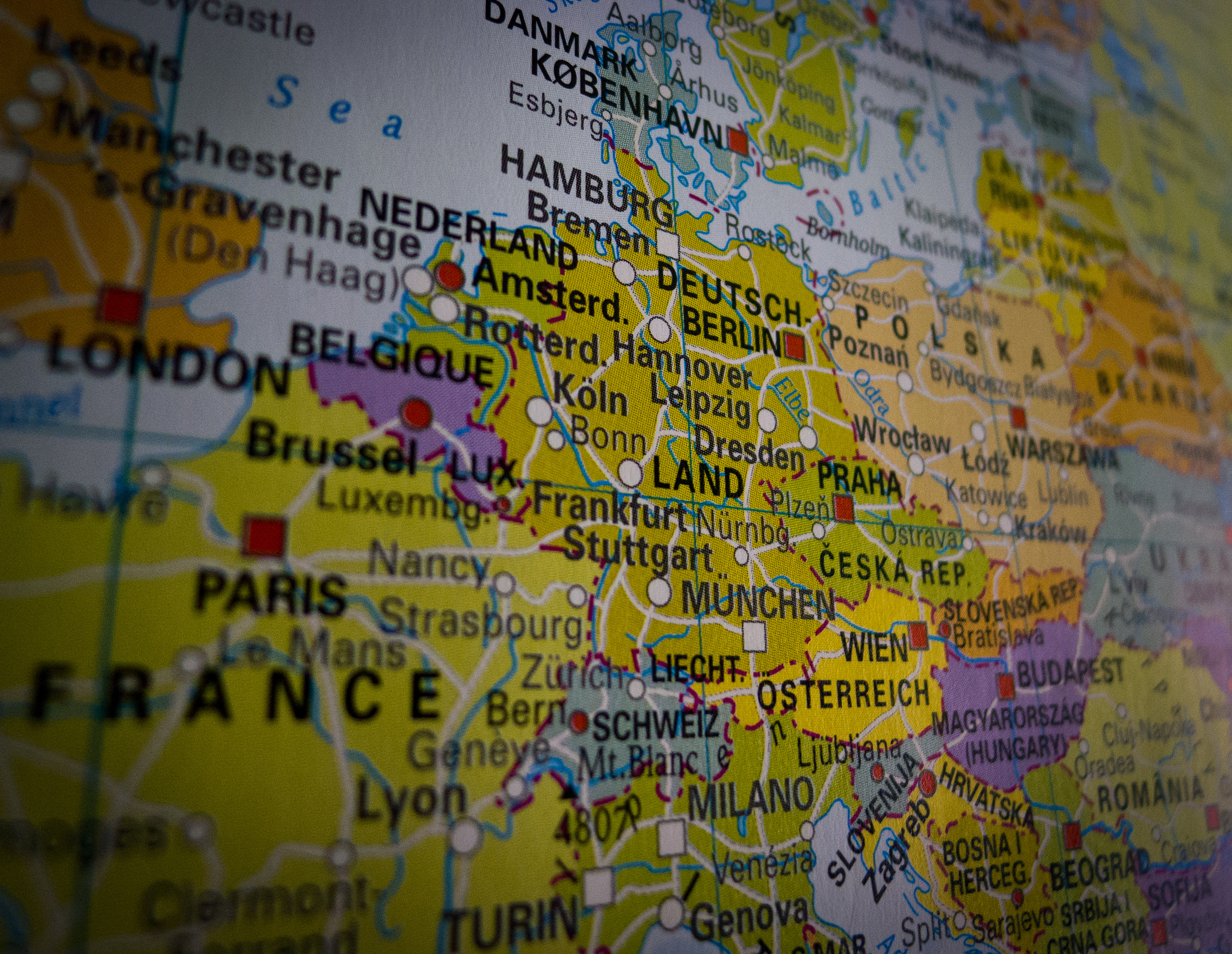The faltering Franco-German relationship
On the 7th of April was held the 18th Franco-German Cabinet Meeting in Metz, a city located in a territory at the heart of the Franco-German relationship, the Alsace-Moselle, a long disputed land today symbolising the reconciliation between these two countries.
The issues at stake were particularly key to the migrant crisis and the terrorisme risk in the background: two issues on which the two countries have divergent views. The advancing of their cooperation for growth, employment, cultural and linguistic exchange and youth mobility was also discussed.
A symbolic rather than an operational meeting
Despite the importance of the topics on the table, this Cabinet Meeting did not pave the way for significant progress to be made. On the migrant issue, no complementary solution to the EU-Turkey agreement was discussed, although the migrant influx in Europe is far from being hampered. A solution would be the establishment of a European Corps of Border and Coast Guards, to regulate the arrival of migrants in respect of the asylum right, a value that should be commonly shared by all EU Member States.
On the crucial question of terrorism, even though the recent adoption of the PNR directive, a somewhat lighter version to the one defended by the ALDE group, is a notable progress. France and Germany, along with the other Member States, do not go in-depth to design a common and efficient response to the threat. The reinforcement and extension of Europol’s prerogatives was not put on the table, although weaknesses in intelligence and police cooperation bear a clear responsibility for the attacks of 2015 and 2016.
Even if France and Germany pledged for further cooperation in various domains and if a Franco-German Council for Integration will be set up to answer to the refugee integration challenge, no serious commitment were taken on youth cooperation, a crucial topic for the next European generations. A misunderstanding seems to remain after France’s negative signal sent to its neighbour with its decision to suppress bilingual classes, which enable pupils to study both English and German.
This is time for France and Germany to defend the common necessary responses
It would be a mistake to see in the stagnation of this bilateral relationship a problem only for France and Germany. Their demographics, economics, politics and their statutes of Founding Members make them the engine of a still largely – unfortunately – inter-governmental Europe. Their disagreement or, worst, their lack of reciprocal interest, are particularly detrimental to Europe at a moment where it faces existential crises. This is time for national governments, especially for France and Germany, to take responsibility and defend the common necessary responses. With national elections looming in both countries, that remains an unlikely move.
Tristan ATMANIA (@ATMANIATristan)
Photo: Présidence de la République

